Search
Search Results
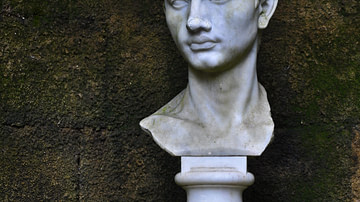
Definition
Virgil
Publius Vergilius Maro (70-19 BCE), better known to most modern readers as Virgil, was one of the greatest poets of the early Roman Empire. His best-known work, the Aeneid, told of a Trojan prince, Aeneas, who escaped the burning of Troy...

Article
Mythological Re-Enactments in Ancient Roman Spectacle
To this day the ancient Romans remain infamous for their dramatic use of spectacle and other forms of entertainment. A lesser known variation of Roman spectacle is the mythological re-enactments that took place during the ludi meridiani (midday...
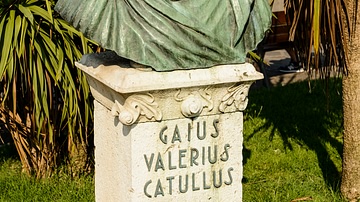
Definition
Catullus
Gaius Valerius Catullus (84-54 BCE) was a Roman poet whose poems are considered to be some of the finest examples of lyric poetry from ancient Rome, despite his youth and early death. Catullus wrote in the neoteric style during the high point...
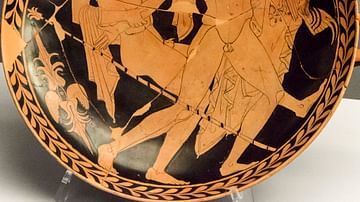
Definition
Ganymede
Ganymede (pronounced GAH-nuh-meed) is a youth in Greek mythology who is abducted by Zeus because of his great beauty and brought to Mount Olympus to serve as cupbearer. The story first appears in Homer’s Iliad without any suggestion of a...

Definition
Ariadne
Ariadne is a figure in Greek mythology, best known for her role in helping Theseus to defeat the monstrous half-man half-bull Minotaur, her half-brother, and escape the Labyrinth, the torturous maze beneath the palace of Knossos in Crete...
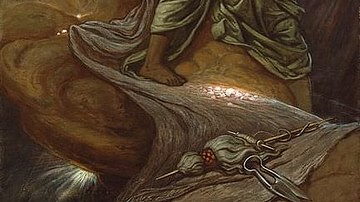
Definition
Theogony
The Theogony is an 8th-century BCE didactic and instructional poem, credited to the Greek poet Hesiod. The Theogony was, at first, not actually written down, rather, it was part of a rich oral tradition which only achieved written form decades...
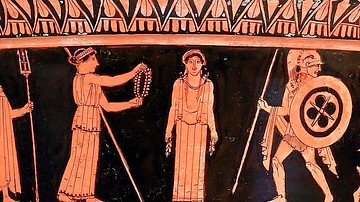
Definition
Works and Days
Works and Days is an epic poem written in dactylic hexameter, credited to the 8th-century BCE Greek poet Hesiod. Hesiod is generally remembered for two epic works, Theogony and Works and Days but, like his contemporary Homer, he was part...
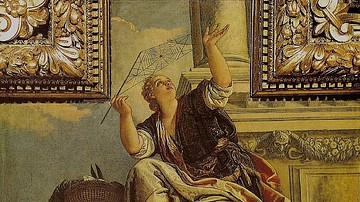
Definition
Arachne
Arachne, from the Greek arákhnē (meaning spider), is a figure in Greek mythology whose talent for weaving was renowned and who famously challenged the goddess Minerva to a weaving competition. As told in Ovid’s (43 BCE-17 CE) Metamorphoses...

Definition
Daedalus
Daedalus is a figure from Greek mythology famous for his sculptures, clever inventions, and as the architect of the Minotaur's labyrinth on Crete. Daedalus is the father of Icarus who flew too close to the Sun on his artificial wings and...
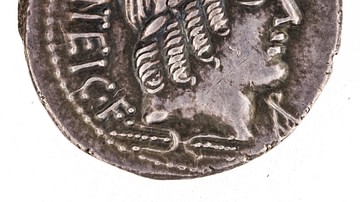
Definition
Vejovis
Vejovis (sometimes spelt Vediovis) was an obscure Roman deity. He is poorly attested in both written sources and archaeology, and his nature is debated by scholars. His name is related to Jove (Jupiter), and some authors described him as...